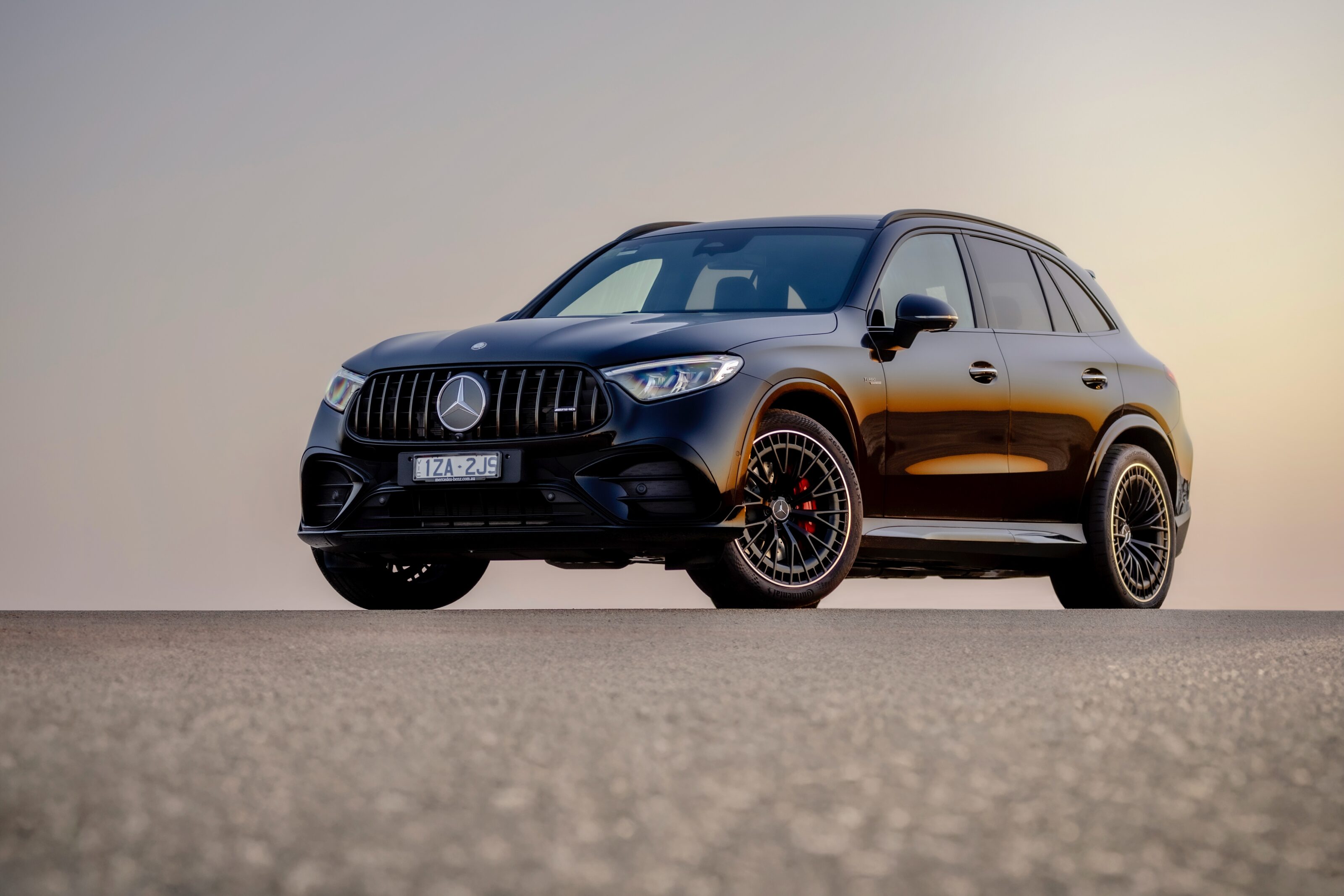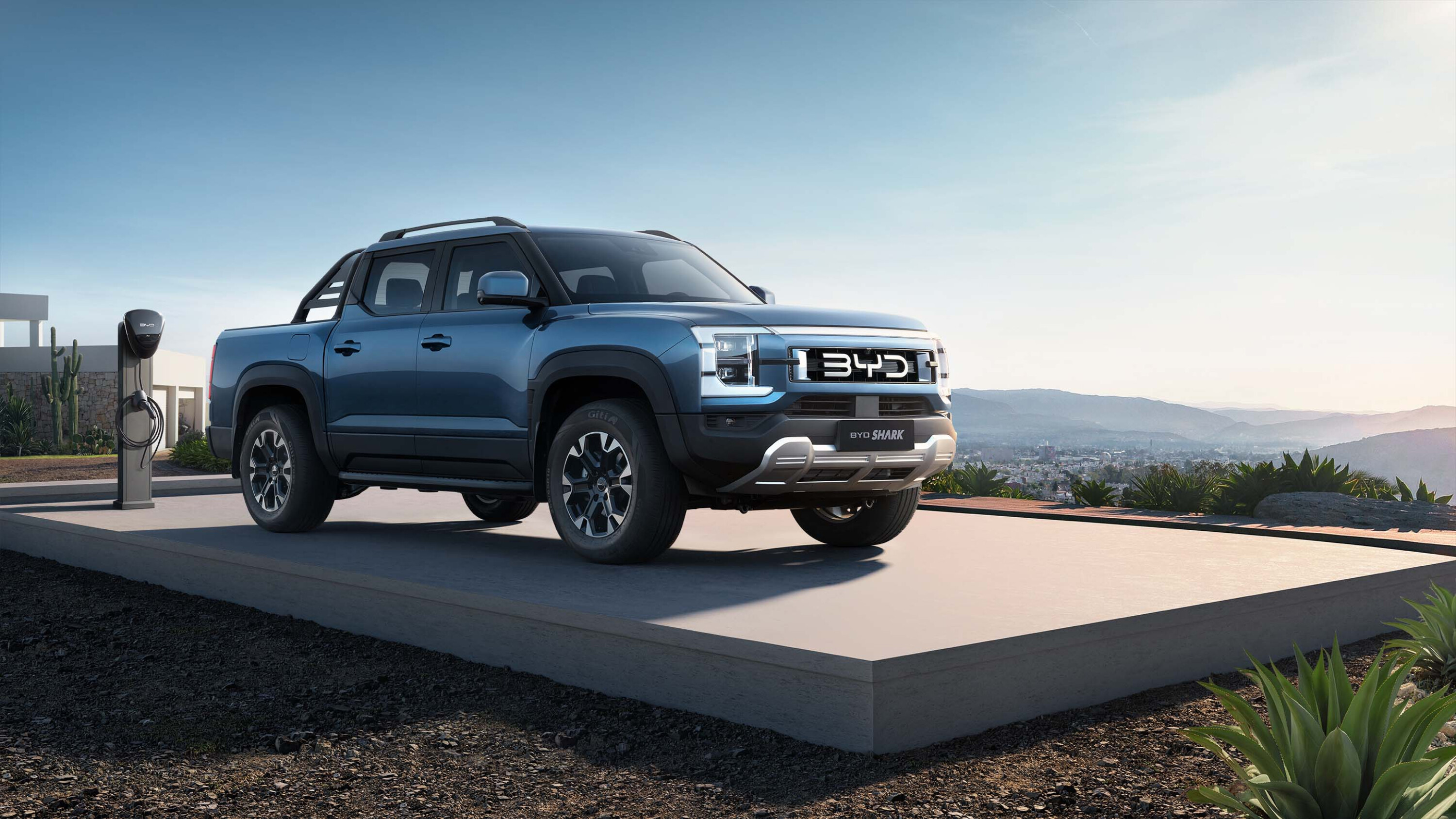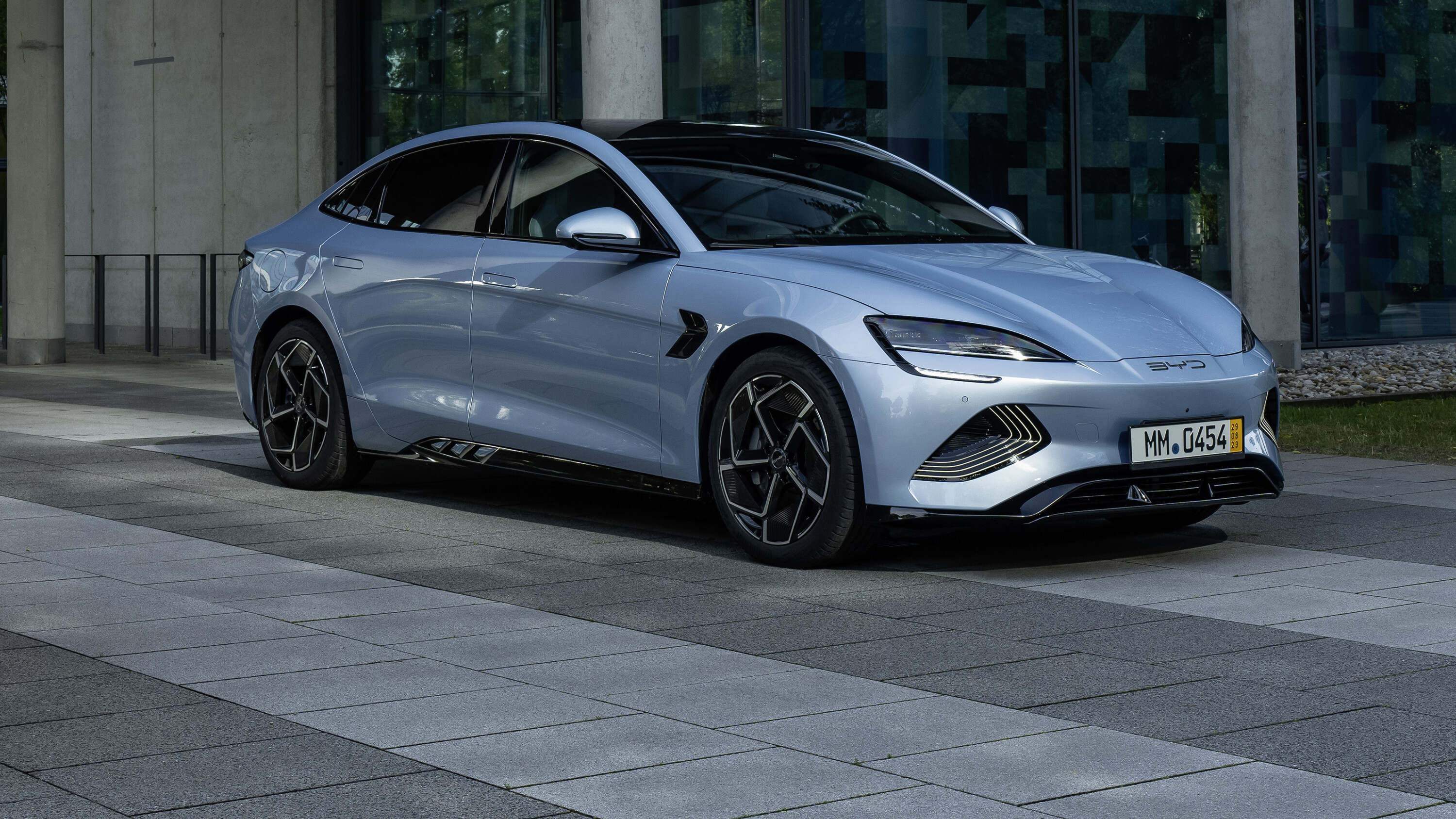
March 2024: EU claims evidence of Chinese govt subsidising EV manufacturers
The European Commission has published a document [↗] claiming “sufficient evidence” that Chinese EVs imported into the EU with increasing speed are being subsidised in a fashion it considers unfair and harmful to the European economy.
Government subsidies for domestic manufacturers are a standard piece of any economy, however, the commission says China’s subsidies to its EV makers qualify as countervailable – effectively a subsidy beyond the accepted norm, entitling the destination market to apply tariffs to offset the harm to its own industries.
Such tariffs have historically been described by interested parties as protectionist. This is accurate, in so much as tariffs applied in this way are intended to protect a country’s economy against unfair trade practices.
When the EU’s investigation was first announced in 2023, China’s Ministry of Commerce called it “a naked protectionist act that will seriously disrupt and distort the global automotive industry and supply chain, including the EU, and will have a negative impact on China-EU economic and trade relations.”
The ministry’s comments appear to ignore the circumstances leading to the investigation’s establishment. The European Commission’s report describes “critical circumstances where injury, which is difficult to repair, is caused by massive imports of a subsidised product in a relatively short period”.
China’s Ministry of Commerce claims the rise in imports is merely a result of increasing European demand for EVs.
Ahead of potential tariffs that would apply retroactively, the Commission has directed its customs authorities to register Chinese imports “so that measures may subsequently be applied against those imports from the date of such registration”.
September 2023: EU investigating Chinese EVs over reports of unfair subsidies
The European Commission has launched an investigation to determine whether further import tariffs should be imposed on cut-price Chinese-made electric vehicles.
Snapshot
- EU to investigate imposing further import taxes for Chinese-made EVs
- Argues Chinese government subsidies have unfairly kept prices low
- Seeks to protect local auto industry
In the Commission’s 2023 State of the Union Address, president Ursula von der Leyen said the rapid influx of Chinese-made EVs was concerning for European automakers despite declaring the market ‘open for competition’.
“Global markets are now flooded with cheaper Chinese electric cars. And their price is kept artificially low by huge [Chinese] state subsidies. This is distorting our market,” von der Leyen said.
“We must defend ourselves against unfair practices… But equally, it is vital to keep open lines of communication and dialogue with China. Because there also are topics, where we can and have to cooperate.”
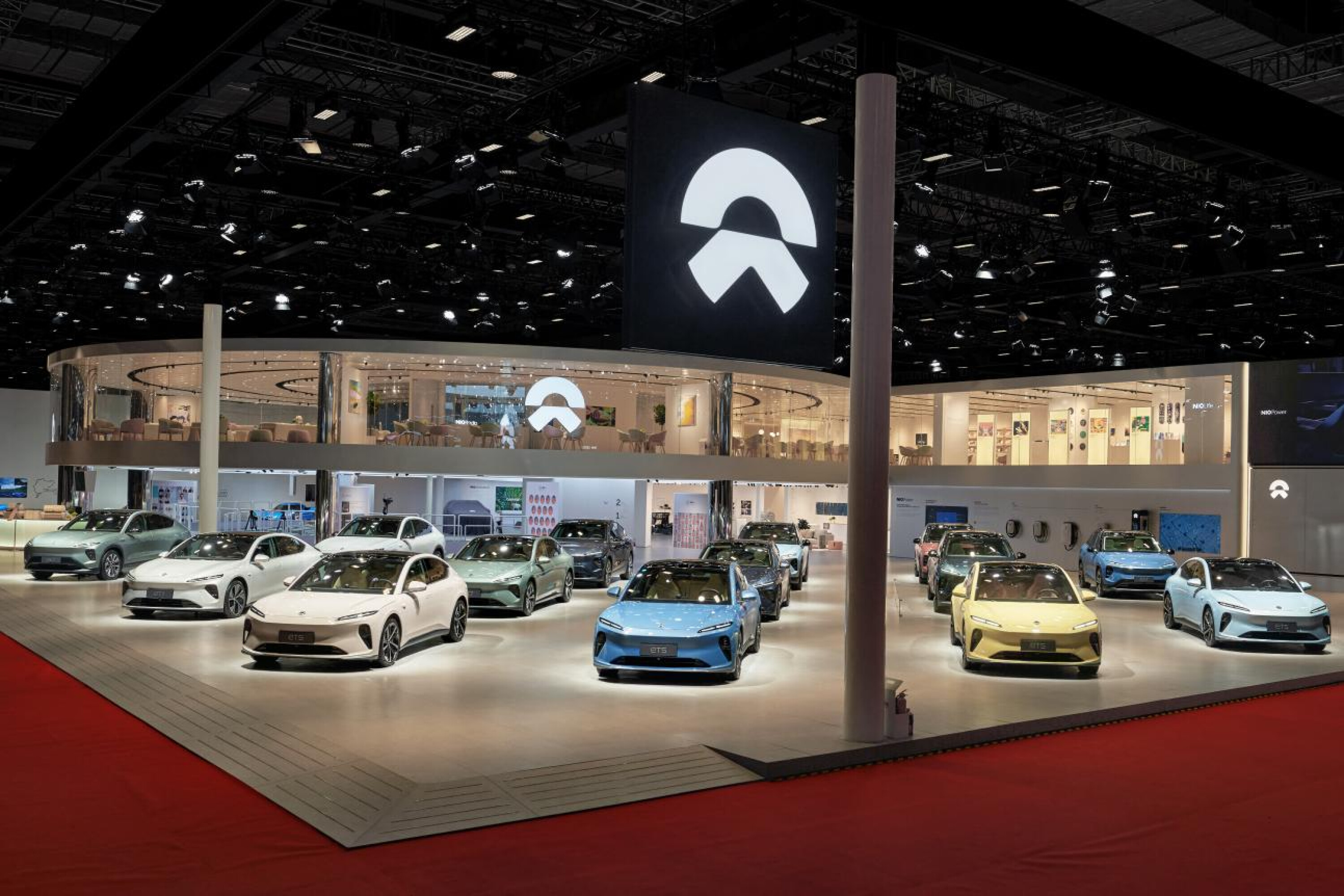
Currently, the EU has a 10 per cent import tax for all foreign-made vehicles, but the investigation will seek to determine whether a further tariff should be enforced for Chinese-made EVs only.
These tariffs would not only affect Chinese makers such as BYD and SAIC but also western brands producing EVs in China such as Tesla and the BMW Group.
Despite the Commission president’s remarks, the Chinese Chamber of Commerce to the EU claimed to Reuters [↗] that Chinese-made EVs aren’t lower-priced because of government incentives for carmakers. Founder of EV Company Nio, for example, cited China’s stranglehold over raw materials and supply chain accounted for 20 per cent of savings.
It is difficult to deny state incentives playing a part, though, following consulting firm AlixPartners [via Reuters ↗] findings that around AU$88.7 billion in state subsidies were given between 2016 to 2022 for hybrid and electric vehicles.
Global markets are now flooded with cheaper Chinese electric cars
?? In context
In Australia, the top-selling new electric car list is dominated by Chinese-made models, which not only benefit from a short supply chain and lower manufacturing costs but also the China-Australia free-trade agreement. This gives China-made EVs an even larger price benefit in Australia compared to the EU.
Models from Chinese brands such as the BYD Dolphin, MG 4 and GWM Ora hatches start from below $40,000 before on-road costs and incentives. Meanwhile, a growing number of western carmakers now produce EVs in China, including the Tesla Model 3 sedan and forthcoming Volvo EX30 SUV which are both priced under $60,000 in Australia.
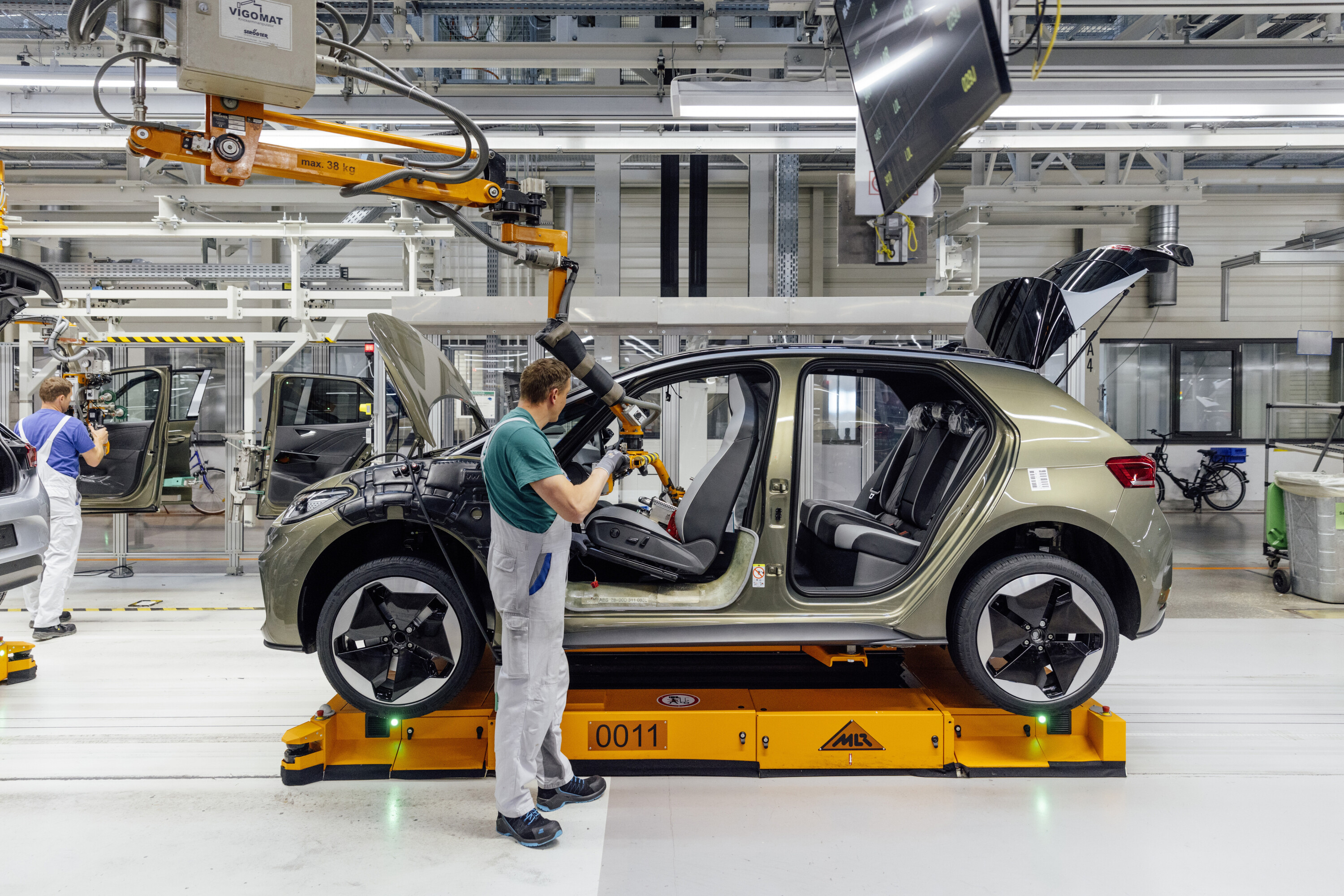
The EU’s competition concern
A tax to protect Europe’s legacy automakers from competitively-priced Chinese EVs could put further strain on the trading relationship.
European carmakers are already feeling the pinch from China with rapid expansion of new badges such as BYD, Geely, Nio and Xpeng looking capitalise on the booming EV market.
In the past five years, imports of Chinese-made cars to the EU have quadrupled, according to the China Passenger Car Association [via CNN ↗].
This week, Automotive News Europe [↗] indicated that Volkswagen plans to cut hundreds of jobs at its Zwickau factory in Germany, where it makes the recently facelifted ID.3, ID.4, ID.5, and Cupra Born for Australia. The reason according to the report is lower-than-expected demand for VW’s EVs.
We recommend
-
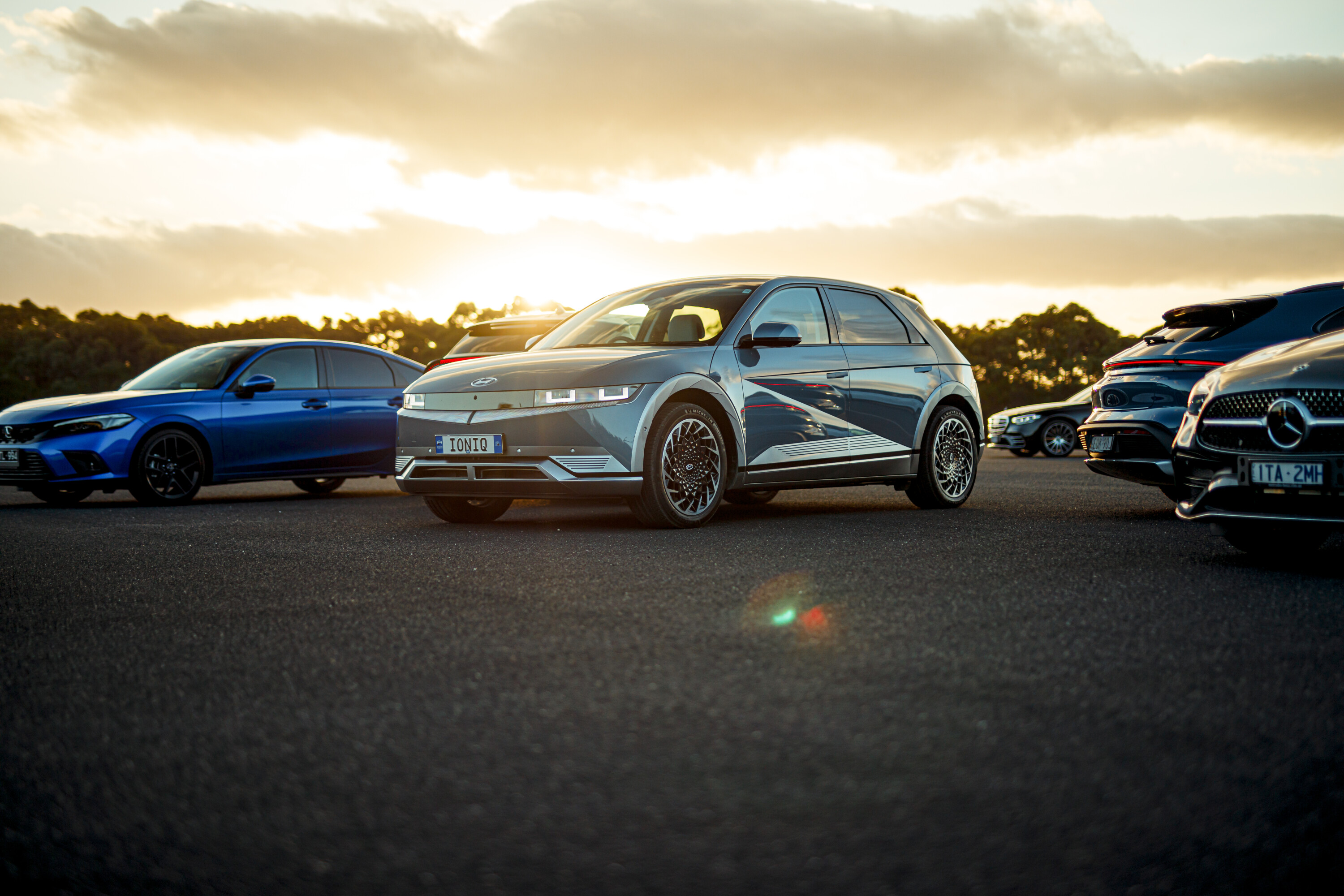 Advice
AdviceHow much more expensive are electric cars in 2024?
As EV prices go down, ICE vehicles are going up. How big is the EV price premium today?
-
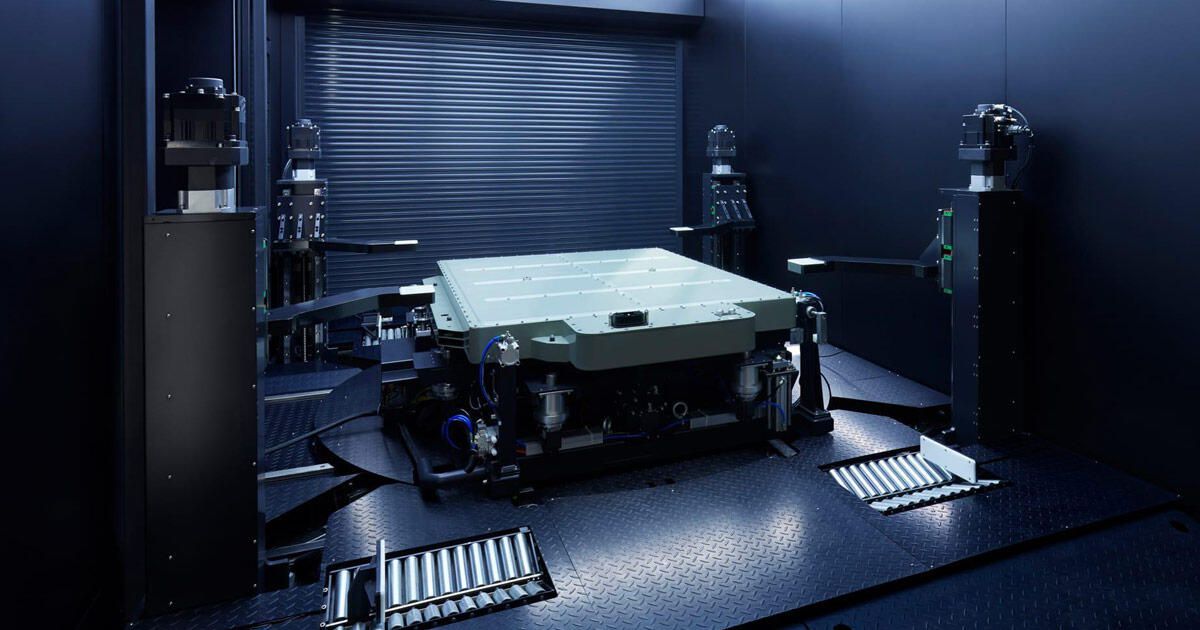 News
NewsEU to mandate sustainable EV batteries
The European Commission aims to improve battery sustainability across its lifecycle from production to repurposing
-
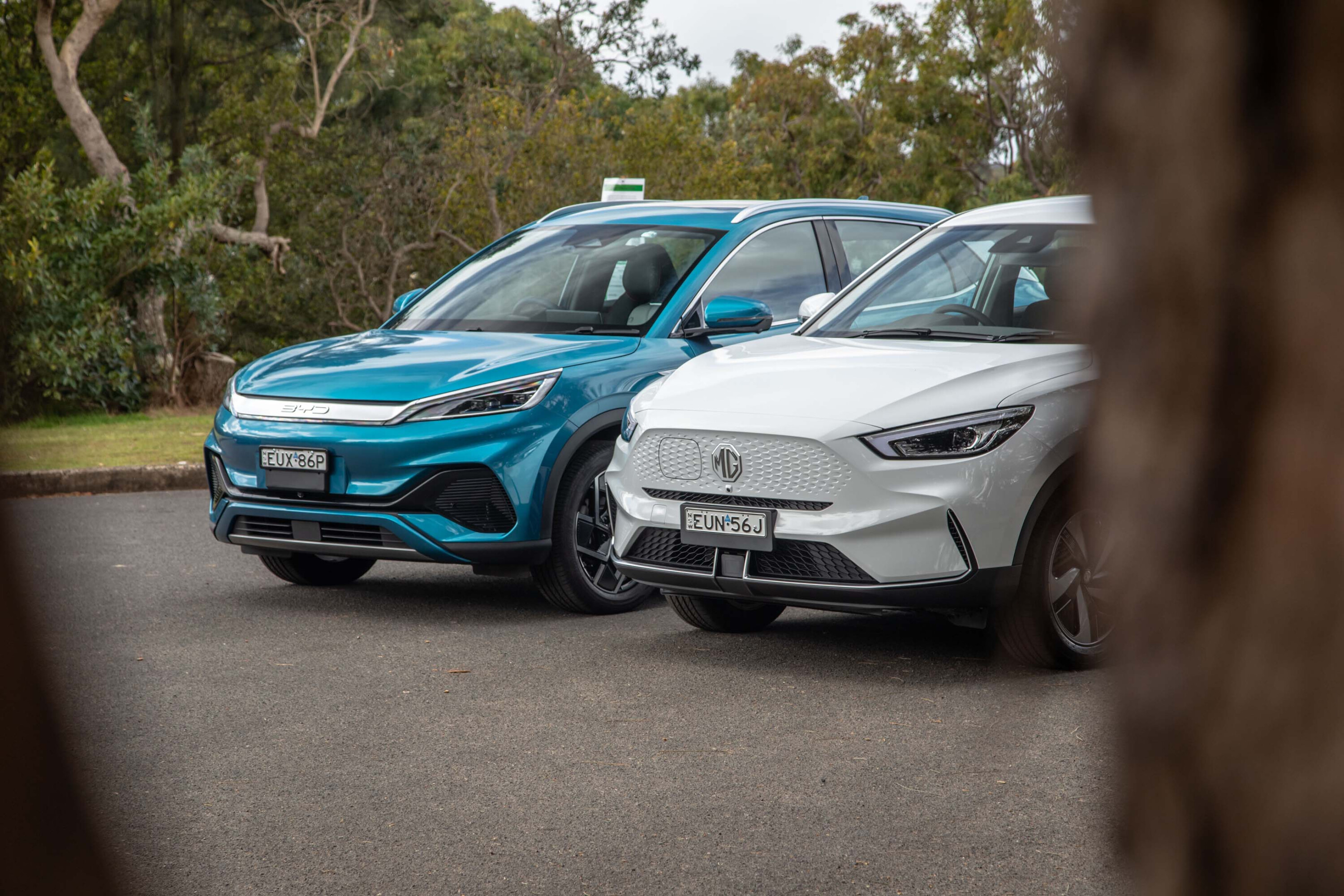 Advice
AdviceDetailed: The cheapest EVs under $60K in Australia
We detail every sub-$60K before on-roads new EV on sale in Australia, including pricing, features and warranties


